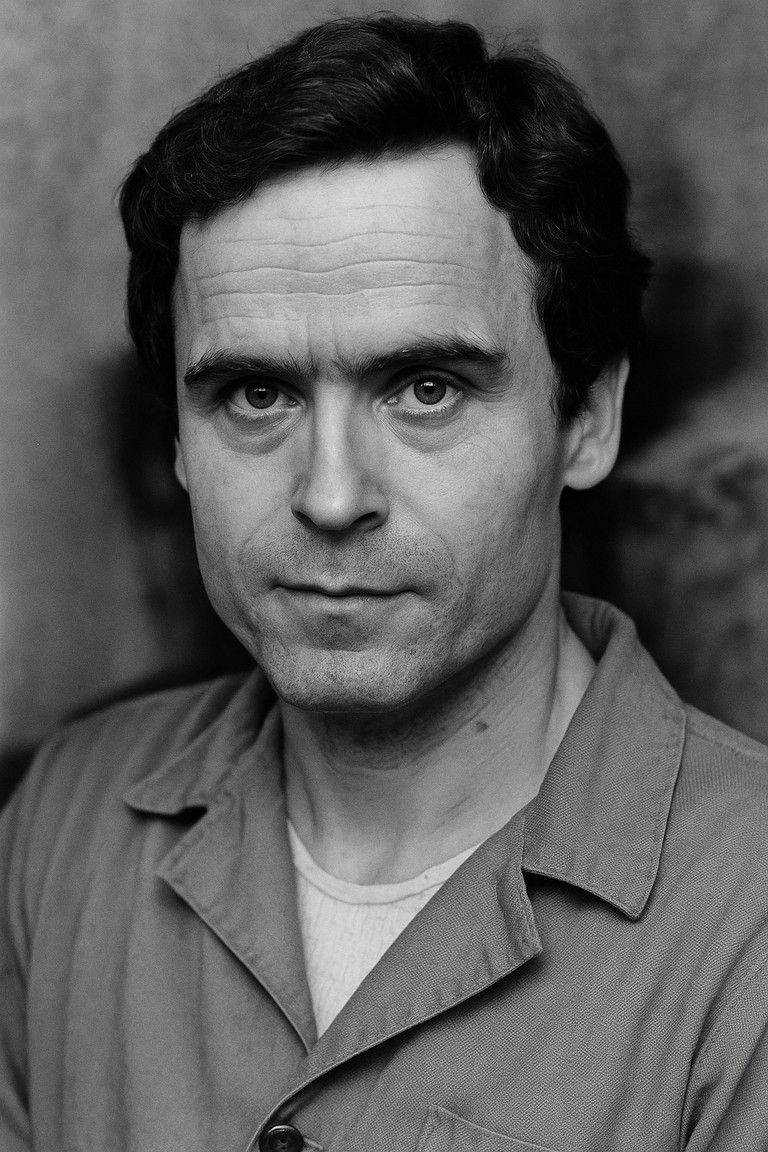




Early Life and Education of Ted Bundy
Ted Bundy is a well-known figure in modern criminal history. Known for his notorious crimes as a serial killer in the United States during the 1970s, his life story holds lasting significance for students, criminologists, and those interested in human psychology and law enforcement.
In this article, we explore his early life, crimes, personal background, and the legacy he left on criminal studies and popular culture.

Early Life of Ted Bundy
Ted Bundy was born on November 24, 1946, in Burlington, Vermont, USA. His birth name was Theodore Robert Cowell. Raised by his mother Louise Cowell, Bundy spent much of his early life believing that his grandparents were his parents and his mother was his sister, due to social stigma at the time.
Growing up in Tacoma, Washington, Bundy was described as an intelligent yet introverted child. He excelled academically but struggled with social bonds. Early reports note signs of deceptive behavior and a fascination with crime, traits that would become crucial later in his life.
Career and Achievements
Ted Bundy gained notoriety and infamy through the following key aspects:
- Carrying out a series of murders across multiple U.S. states, with confirmed victims numbering at least 30, but suspected to be higher.
- Evading police twice through dramatic prison escapes, showcasing intelligence and manipulation.
- Representing himself during parts of his trial, drawing significant attention from media and the public.
Key Events in Ted Bundy’s Life
| Year | Event | Significance |
|---|---|---|
| 1946 | Birth | Born in Vermont, raised in Washington state |
| 1974 | First confirmed crimes | Began series of murders in Pacific Northwest |
| 1977 | Escaped custody | Famous escapes; expanded crime spree |
| 1979 | Conviction | Convicted and sentenced to death in Florida |
| 1989 | Execution | Executed in the electric chair; public reaction was immense |
Personal Life and Public Image
Ted Bundy was known for his intelligence, charm, and manipulative abilities. His outward appearance—handsome and articulate—contrasted sharply with his criminal acts, often allowing him to gain trust from victims and avoid suspicion.
He had long-term romantic relationships, most notably with Elizabeth Kloepfer, who played a crucial role in early investigations. Bundy also later married Carole Ann Boone during his trial, and they had a daughter named Rose. His personal life attracted public curiosity, fueling documentaries and films.
Legacy of Ted Bundy
Ted Bundy continues to influence criminology and popular media through:
- Serving as a central case study in criminal psychology and law enforcement training worldwide.
- Inspiring countless books, movies, and documentaries, including portrayals by actors like Zac Efron.
- Highlighting flaws in police coordination across states and advancing investigative methods such as criminal profiling.
This biography highlighted the journey and influence of Ted Bundy. His life serves as a warning and learning source in criminal justice, law, and psychology studies even today.
Learn more about historical and modern-day personalities on Vedantu’s platform.
- For biographies of other infamous criminals, explore the life of Charles Manson or Jeffrey Dahmer.
- Compare the lives of controversial and influential leaders by reading about Adolf Hitler.
- To see a historic figure who made a positive impact, discover Swami Vivekananda.
- For influential writers, see the biography of Virginia Woolf.
- To contrast with scientific achievements, read about Albert Einstein.
- Learn about modern political leaders in Barack Obama.
FAQs on Who is Ted Bundy? Biography, Crimes, and Legacy
1. Why is Ted Bundy famous?
2. What did Ted Bundy study in college?
3. Who was Ted Bundy’s girlfriend?
4. What was Ted Bundy's last meal?
5. Did Ted Bundy have any siblings?
6. Is Ted Bundy portrayed in any movies or series?
7. How many people did Ted Bundy kill?
8. What were Ted Bundy's early life influences?
9. What role did intelligence play in Ted Bundy's crimes?
10. What is Ted Bundy's legacy in criminal psychology?
11. What was the socio-legal impact of Ted Bundy's case?
12. How did Ted Bundy’s charm contribute to his crimes?





















